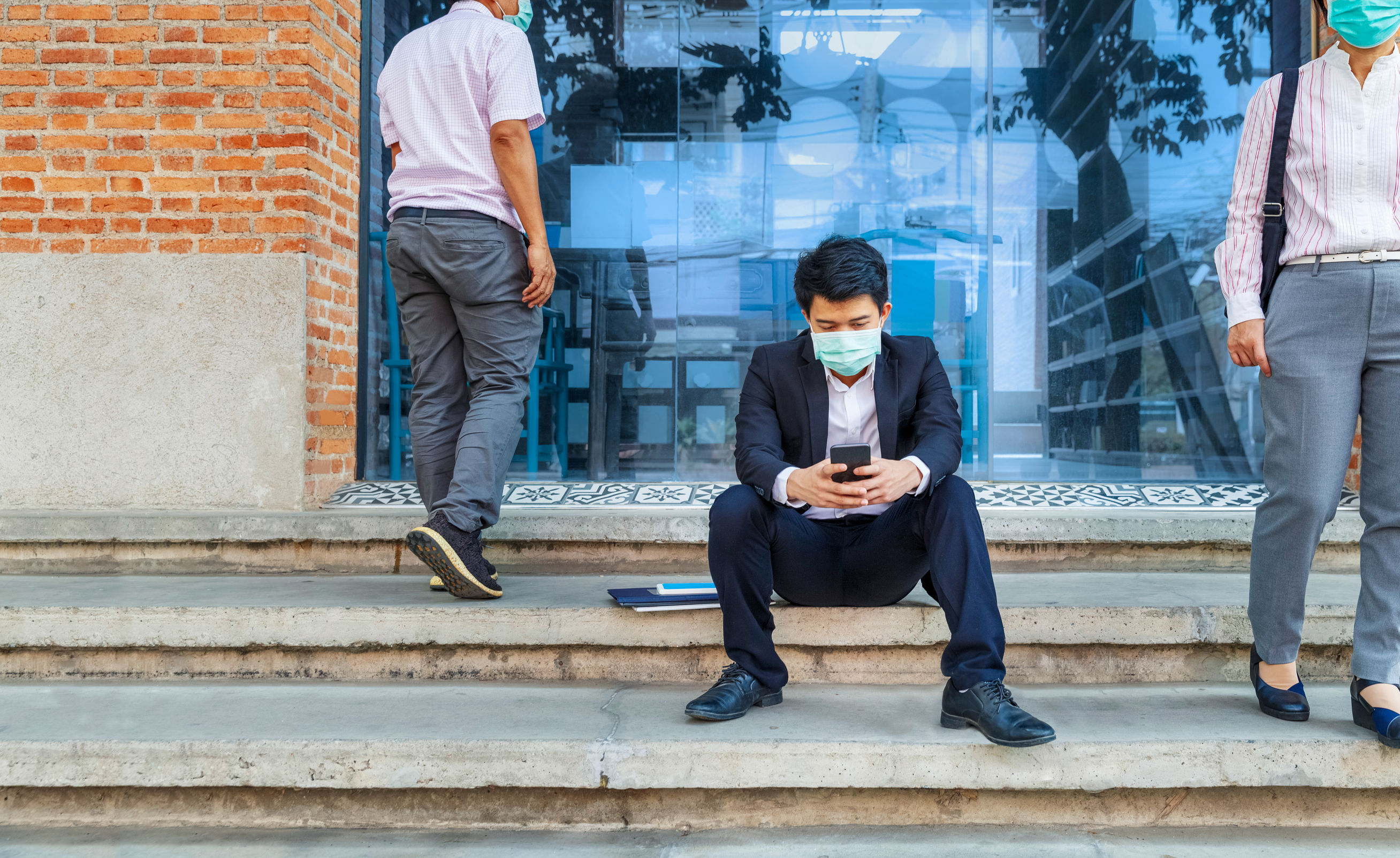More than 1 in 6 young people jobless due to COVID-19

Young people are feeling the brunt of the COVID-19 pandemic with more than one in six out of work, according to the International Labour Organization (ILO).
The “ILO Monitor: COVID-19 and the world of work” report also revealed that among young people (aged 15 to 24), who have remained in employment, working hours have fallen by nearly a quarter (23%).
Meanwhile, overall working hours globally have also dropped in the first two quarters of 2020, with Asia Pacific recording the biggest decline of 6.5% in the first quarter and spiked to 10% in the second quarter as the full impact of the pandemic rears its head.
Another worrying trend for young people, particularly in Asia Pacific, is the vulnerability of their jobs and income due to the informality of their work.
According to ILO, almost 77%, or 328 million of the world’s young workers are in informal jobs, compared with around 60% of adult workers (aged 25 and above). And Asia Pacific has the second-highest informality rate of 84.4%, behind Africa at 93.4%.
The most recent figures show that young people are disproportionately affected by the crisis, with disruption to education and training, employment and income losses, leading to greater difficulties in finding a job.
ILO Director-General, Guy Ryder, called for more support for young people who constitute major victims of social and economic consequences of the pandemic, and there is a risk that they will be scarred throughout their working lives – leading to the emergence of a “lockdown generation”.
“The COVID-19 economic crisis is hitting young people – especially women – harder and faster than any other group. If we do not take significant and immediate action to improve their situation, the legacy of the virus could be with us for decades. If their talent and energy is side-lined by a lack of opportunity or skills it will damage all our futures and make it much more difficult to re-build a better, post-COVID economy,” he said.



